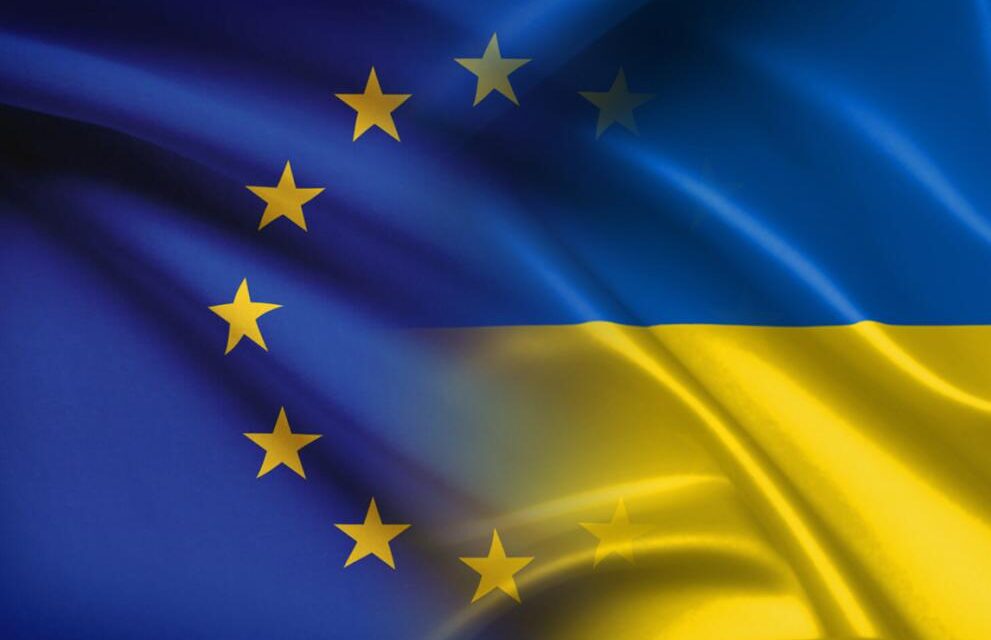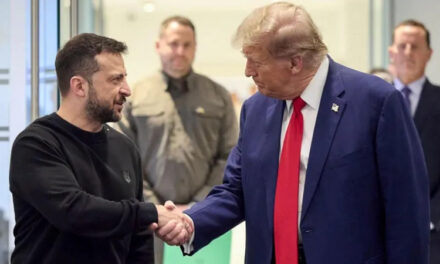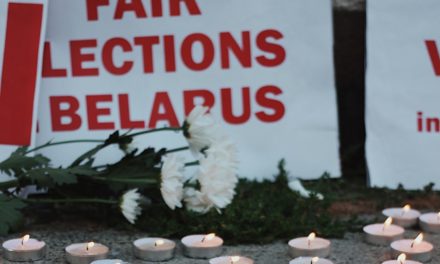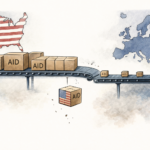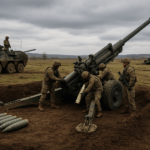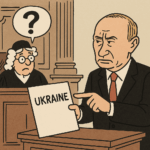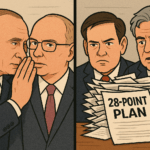On March 20, 2025, European Union leaders meeting in Brussels signaled continuity by backing a statement of support for Ukraine’s territorial integrity, with Hungary’s Viktor Orbán declining to join. Reuters
Although brief, that decision carries outsized significance. It reiterates a baseline European position that Ukraine’s internationally recognized borders are not a bargaining chip and that Russia’s attempt to redraw them by force cannot be legitimated. It also shows that, despite disagreements among capitals, the center of gravity across the EU still favors sustained support for Kyiv and resistance to aggression—an assessment rooted in Europe’s own security interests as well as in international law.
Orbán’s stance underscores the structural difficulty of building common foreign policy inside a union that prizes consensus: a single dissent can complicate forward motion. Yet the flip side is equally clear—the overwhelming alignment of the other leaders demonstrates that Europe’s approach isn’t fragmenting. For Ukrainians, that political signal helps stabilize expectations about long-term backing; for Moscow, it communicates that European resolve remains a feature of the strategic landscape; for European publics, it clarifies what their leaders stand for in plain terms.
The day’s outcome does not, by itself, create new funds, weapons deliveries, or legal mandates. Rather, it renews the political foundation under existing efforts—from humanitarian and economic aid to defense-industrial cooperation—and keeps doors open for further measures as needed. Reaffirmations of this sort may look routine, but they serve as connective tissue for policy: they give national leaders shared ownership of the message, help align bureaucracies, and make it harder for adversaries to misread Europe’s line.
Bottom line: with one prominent exception, EU leaders chose to restate their support for Ukraine’s sovereignty and territorial integrity. That unity is not absolute, but it remains robust enough to shape decisions and sustain assistance, signaling that Europe intends to keep Ukraine’s independence at the center of its security calculus for the long haul.

